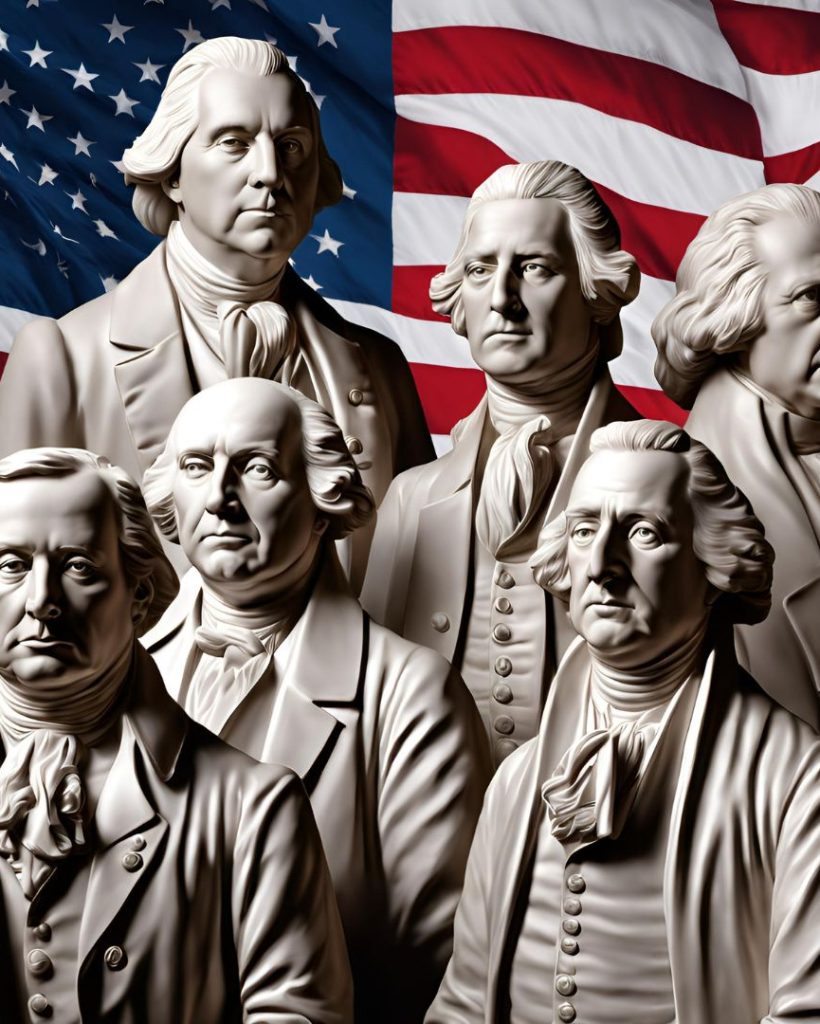Exploring America's Journey Celebrating 250 YearsOf American History
Join us as we delve into the rich tapestry of American history, marking the milestones that have shaped our nation over the past 250 years. Discover the events and achievements that have defined our journey and continue to inspire future generations.

Wedding Party
Lorem ipsum dolor sit amet, consectetur adipiscing elit, sed do eiusmod tempor incididunt ut labore et dolore magna.

Birthday Party
Lorem ipsum dolor sit amet, consectetur adipiscing elit, sed do eiusmod tempor incididunt ut labore et dolore magna.

Party & Events
Lorem ipsum dolor sit amet, consectetur adipiscing elit, sed do eiusmod tempor incididunt ut labore et dolore magna.


Declaration of Independence (1776)
On July 4, 1776, the Continental Congress formally adopted the Declaration of Independence, authored primarily by Thomas Jefferson. This document announced the colonies’ separation from British rule and proclaimed the ideals of liberty, equality, and self-governance, laying the foundation for the United States as an independent nation.
About Evenizer
Significant Events in American History
A journey through defining moments that shaped the United States — from its founding to its evolution into a global powerhouse. These events mark the milestones of a nation built on resilience, vision, and progress."
Declaration of Independence (1776)
On July 4, 1776, the Continental Congress formally adopted the Declaration of Independence, authored primarily by Thomas Jefferson. This document announced the colonies’ separation from British rule and proclaimed the ideals of liberty, equality, and self-governance, laying the foundation for the United States as an independent nation.
U.S. Constitution Adopted (1787)
The Constitution was signed on September 17, 1787, establishing the framework for the U.S. government and ensuring the balance of power among the executive, legislative, and judicial branches. It remains the supreme law of the land and a symbol of democratic governance worldwide.
Start of Civil War (1861)
The Civil War began in April 1861 as a conflict between the Northern Union states and the Southern Confederate states over issues including states’ rights and slavery. The war marked a pivotal point in U.S. history, testing the durability of the Union and its commitment to equality.
End of Civil War & Abolishment of Slavery (1865)
The Civil War ended in April 1865 with the Union’s victory. Shortly thereafter, the 13th Amendment was ratified, abolishing slavery across the United States and marking a monumental step toward civil rights and freedom for millions of African Americans.
Women’s Suffrage (1920)
After decades of activism, the 19th Amendment was ratified on August 18, 1920, granting women the right to vote. This achievement was a significant milestone in the fight for gender equality and expanded the principles of democracy in the United States.
U.S. Enters World War II (1941)
Following the attack on Pearl Harbor on December 7, 1941, the U.S. officially entered World War II. American involvement was crucial to the Allied victory, showcasing the nation’s military and industrial strength while cementing its role as a global leader.
Civil Rights Act Passed (1964)
This landmark legislation, signed into law by President Lyndon B. Johnson, outlawed racial discrimination and segregation. It was a key victory for the Civil Rights Movement and paved the way for further progress toward racial equality in America.




